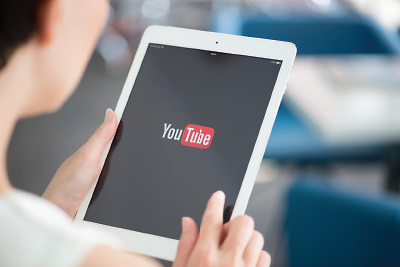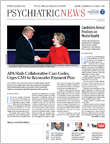A study published August 15 in Psychiatric Services in Advance is a reminder that just because something is on the Internet, it doesn’t mean it is accurate. The study found that YouTube is not a very reliable source of information on the signs and symptoms of schizophrenia. In fact, the study concluded that the global video-sharing site “offer[s] a distorted picture of the condition.”
“Residents and psychiatrists now have a study that has examined the content online on YouTube as it relates to mental illness,” John Luo, M.D., a psychiatrist and senior physician informaticist at the University of California Los Angeles Health, told Psychiatric News. “This study has done the groundwork to raise awareness that the majority of the videos on YouTube do not present an accurate portrayal of the symptoms of acute schizophrenia.”
The study was led by a team of researchers from the United Kingdom who performed a search for all YouTube videos purporting to show footage of individuals exhibiting the signs and symptoms of acute schizophrenia. Eligible videos were independently rated by two consultant psychiatrists on two occasions for probable psychiatric diagnosis and psychopathological symptoms; the raters were also asked to answer the question “Considering the quality and content of this video, would you consider using it in a medical student teaching session as an illustration of the signs and symptoms of acute psychosis in schizophrenia?” Videos receiving a “yes” response by both independent raters were considered to have good educational utility.
Of the 4,200 videos assessed, 35 videos met the authors’ eligibility and adequacy criteria. Of these 35 videos, only 12 were considered to present accurate depictions of acute schizophrenia.
“Our main findings were that eligible videos were largely inaccurate, containing psychopathological features not specific to schizophrenia,” the researchers wrote. “Mental health professionals and medical schools should be aware of this source of inaccurate information when advising students and patients about sources of health information.”
The authors pointed out that their study did not examine the extent to which YouTube videos affected viewers’ attitudes and understanding of schizophrenia, but noted that other studies have provided evidence that similar videos can change attitudes about schizophrenia.
“The relationship between misrepresentations of mental illness on the Internet and public understanding of these conditions will be an important focus for future work,” they concluded. ■
“Schizophrenia on YouTube” can be accessed
here.

